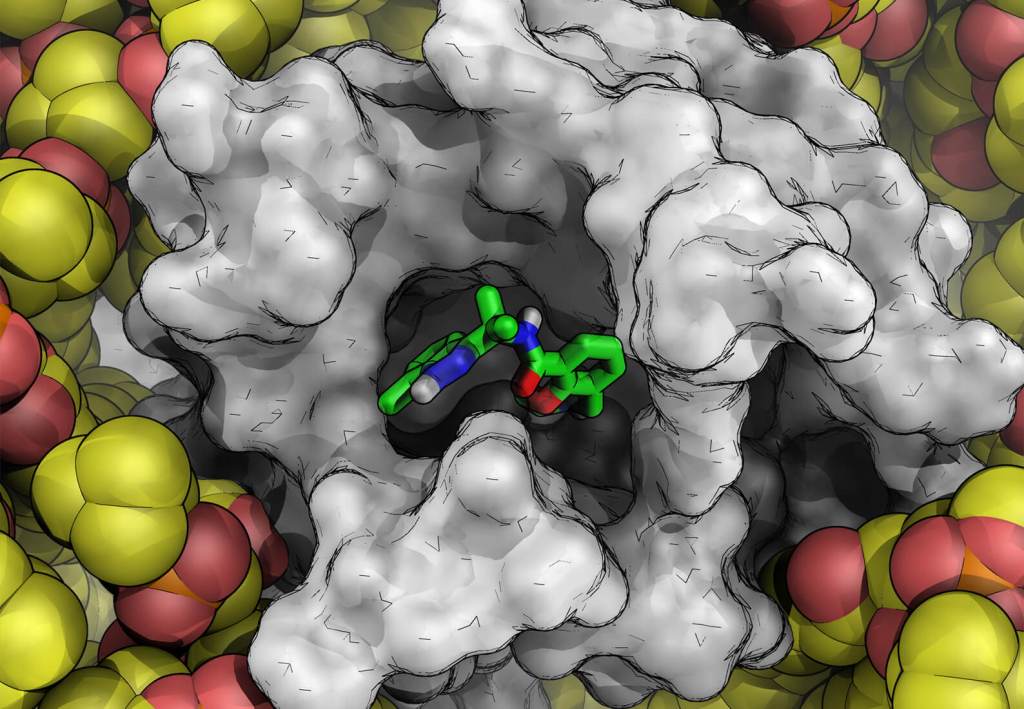 Event
Event
- Apr 14th-17th, 2024
Area Selective Deposition Workshop 2024
Schrödinger is excited to be participating in Area Selective Deposition Workshop 2024 taking place on April 14th – 17th in Montreal, Canada.
 Event
Event
- Apr 15th-17th, 2024
Festival of Biologics US 2024
Schrödinger is excited to be participating in the Festival of Biologics US 2024 conference taking place on April 15th – 17th in San Diego, California.
 Event
Event
- Apr 16th-17th, 2024
BioIT World
Schrödinger is excited to be participating in the BioIT World conference taking place on April 15th – 17th in Boston, Massachusetts.
 Event
Event
- Apr 16th-18th, 2024
INTERPHEX 2024
Schrödinger is excited to be participating in INTERPHEX 2024 taking place on April 16th – 18th at the Javits Center in New York City, New York.
 Event
Event
- Apr 16th-18th, 2024
In-cosmetics global
Schrödinger is excited to be participating in In-cosmetics global taking place on April 16th – 18th in Paris, France.
 Event
Event
- Apr 22, 2024
Schrödinger materials polymer workshop
Schrödinger invites you to a one-day workshop in Sittard-Geleen, Netherlands to gain hands-on training in the use of our Materials Science Suite for simulating polymer chemistry and properties.
 Event
Event
- Apr 23rd-25th, 2024
UTECH Europe 2024
Schrödinger is excited to be participating in UTECH Europe 2024 taking place on April 23rd – 25th in Maastricht, Netherlands.
 Event
Event
- Apr 28th – May 1st, 2024
2024 AOCS Annual Meeting & Expo
Schrödinger is excited to be participating in the 2024 AOCS Annual Meeting and Expo taking place on April 28th – May 1st in Montréal, Québec, Canada.
 Webinar
Webinar
- May 9, 2024
Beyond AI: The importance of physics-based simulations in next generation food design webinar
Schrödinger will be presenting in a live webinar on Beyond AI: The importance of physics-based simulations in next generation food design. This virtual event will be hosted by IFT (Institute of Food Technologists) on May 9th and features Dr. Jeffrey Sanders, product manager at Schrödinger.
 Event
Event
- May 13th-17th, 2024
PEGS Boston 2024
Schrödinger is excited to be participating in the PEGS Boston 2024 conference taking place on May 13th – 17th in Boston, Massachusetts. Stop by our booth to speak with Schrödinger scientists.
 Event
Event
- May 14th-16th, 2024
Schrödinger Workshops: Accelerating Organic Electronics R&D with Digital Simulations and Enterprise Informatics
Join us for a free workshop day on May 15th at SID Display Week 2024 in Meeting Room 213. Schrödinger experts will walk you through guided demos and help you gain hands-on experience using digital simulations to expedite your organic electronics R&D.
 Event
Event
- May 21st-22nd, 2024
SAMPE 2024
Schrödinger is excited to be participating in the SAMPE 2024 conference taking place on May 21st – 22nd in Long Beach, California.

Latest insights from Extrapolations blog
Training & Resources
Online certification courses
Level up your skill set with hands-on, online molecular modeling courses. These self-paced courses cover a range of scientific topics and include access to Schrödinger software and support.
Free learning resources
Learn how to deploy the technology and best practices of Schrödinger software for your project success. Find training resources, tutorials, quick start guides, videos, and more.


